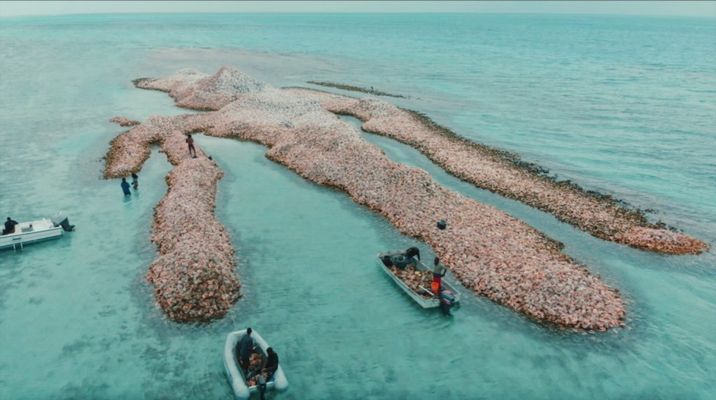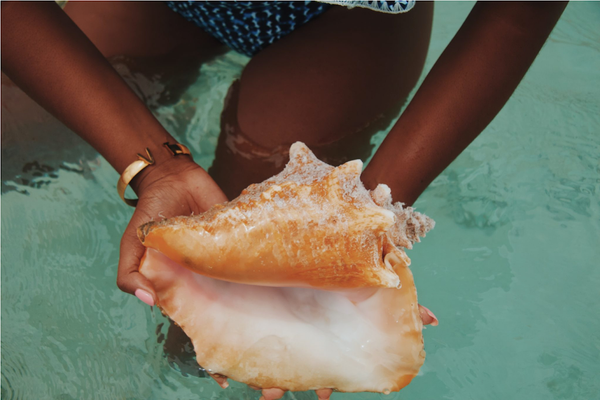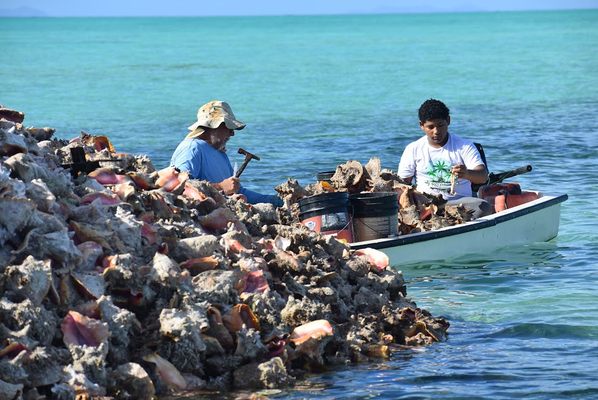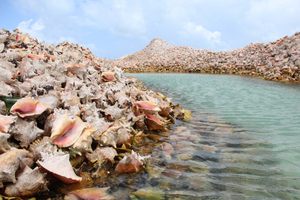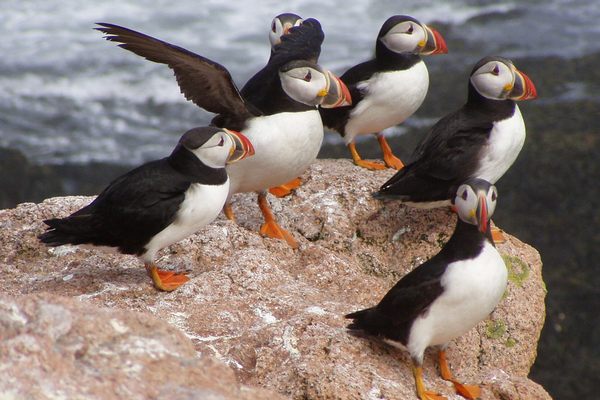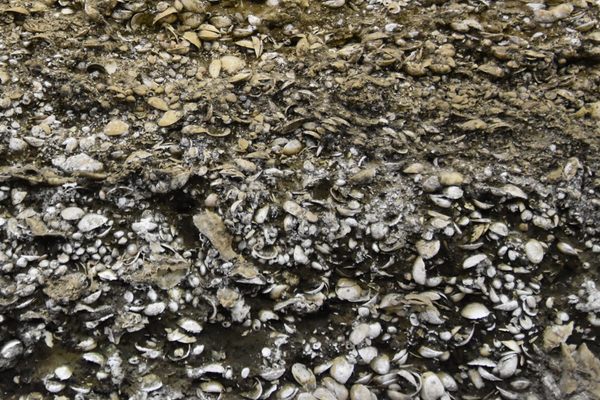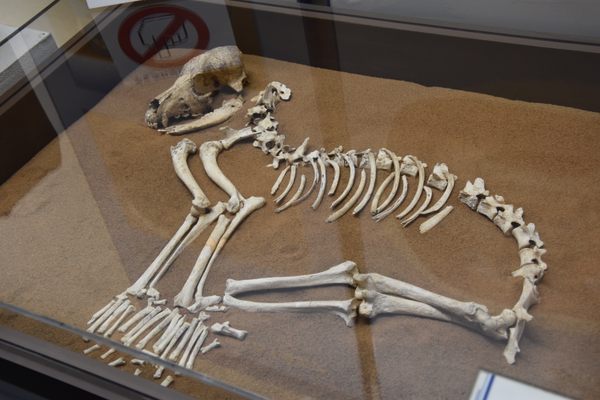About
On the East End of Anegada, the most remote and sprawling landmass in the British Virgin Islands, a 12-foot-high mountain range of conch shells—carbon-dated to the 13th century—serves as the sole visual reminder that indigenous people once hunted the turquoise waters of the Caribbean’s yachting capital. First appearing on charts in the 1600s, the mounds were at one time thought to be the “Indian burial grounds” that Anegadeans still speak of.
The shells have been occasionally removed and burned for lime, with no trace of human remains found. It appears more likely that the shells, each with a hole cut in the tip to more easily remove the marine snail dwelling within, were tossed there to get them out of the way, the current not being strong enough to carry them off.
The local theory, which science may support, posits that the fishermen began the pile—instead of scattering shells on the sea floor—to keep the live conch around, since they’ll naturally avoid places full of their dead brethren.
In any case, even as the conch elsewhere in the Caribbean dwindles due to overfishing, the population in Anegada remains stable and continues to be the BVI’s bread (or fish) basket. Tour guides have begun motoring curious visitors to gawk at the mounds, accessible only by boat and keen local piloting skills. Fishermen continue to visit them to discard their daily catch, ensuring that even as the lower shells dissolve into the seabed the mounds themselves will remain.
Related Tags
Community Contributors
Added By
Published
July 16, 2019
